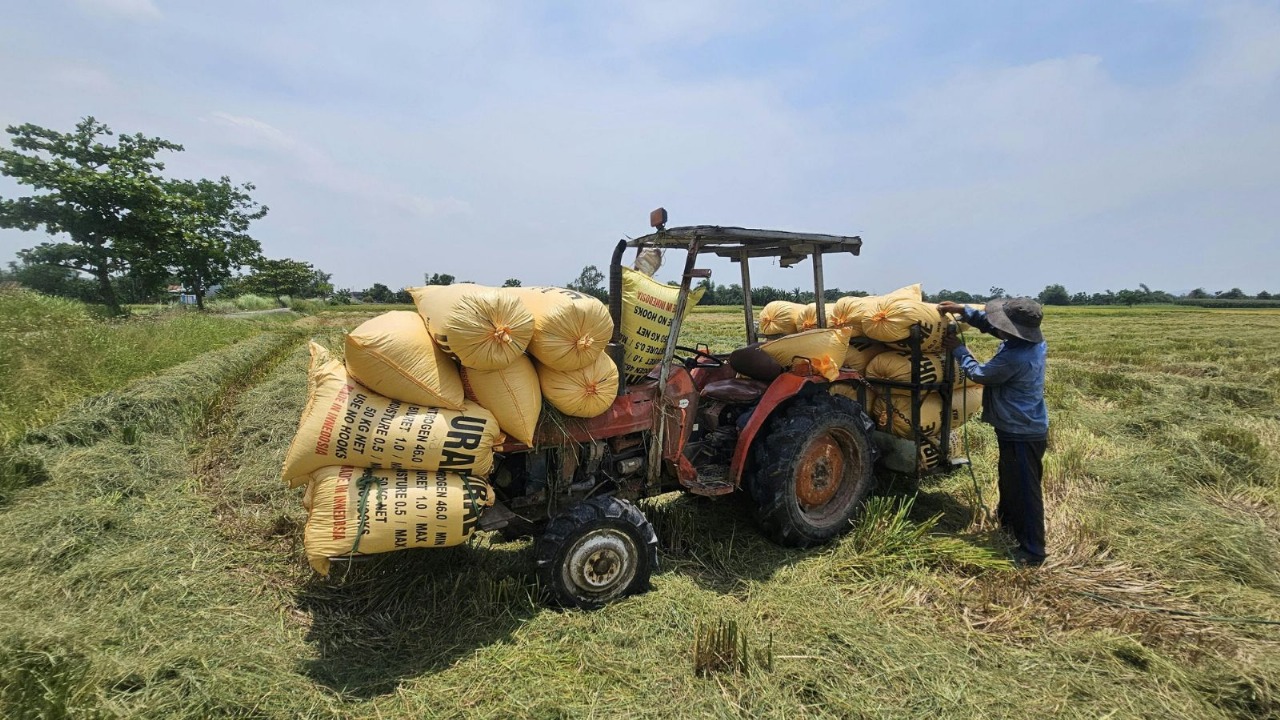The Centre on Wednesday announced minimum support prices (MSPs) for six rabi crops for the rabi marketing season 2026-27, with wheat seeing an increase of Rs 160 per quintal over the current MSP.
The MSP hikes were approved by the Cabinet Committee on Economic Affairs, which met under the chairmanship of Prime Minister Narendra Modi.

The decision comes days before the announcement of the schedule for the Bihar Assembly elections.
“Government has increased the MSP of Rabi Crops for Marketing Season 2026-27, to ensure remunerative prices to the growers for their produce. The absolute highest increase in MSP has been announced for Safflower at Rs.600 per quintal followed by Lentil (Masur) at Rs.300 per quintal. For Rapeseed & Mustard, gram, barley, and wheat, there is an increase of Rs.250 per quintal, Rs.225 per quintal, Rs.170 per quintal and Rs.160 per quintal respectively,” said an official statement.
The MSP of wheat is fixed at Rs 2,585 per quintal, 6.60 per cent higher than the current MSP of Rs 2,425 per quintal.
For barley, the MSP is fixed at Rs 2,150 per quintal, which is Rs 170 or 8.59 per cent higher than the Rs 1,980 per quintal announced last year.
The MSP of gram has been fixed at Rs 5,875 per quintal—Rs 225 (3.98 per cent) up from the current MSP of Rs 5,650 per quintal.
Story continues below this ad
 Union Minister Ashwini Vaishnaw during a briefing on Cabinet decisions, Wednesday. (Express photo by Anil Sharma)
Union Minister Ashwini Vaishnaw during a briefing on Cabinet decisions, Wednesday. (Express photo by Anil Sharma)
Safflower saw the highest hike in absolute as well as percentage terms as its MSP increased by Rs 600 to Rs 6,540 per quintal from Rs 5,940.
The MSP of rapeseed and mustard is fixed at Rs 6,200 per quintal—Rs 250 up from the Rs 5,990 announced last year.
For lentils (masur), the MSP is fixed at Rs 7,000 per quintal —up from the Rs 6,700 per quintal announced last year.
Wheat is the second-largest crop (after paddy) in terms of area coverage. In 2023-24, the area under wheat cultivation stood at 318.33 lakh hectares.
Uttar Pradesh is the top wheat-producing state, followed by Madhya Pradesh, Punjab, Haryana, Rajasthan, Bihar, Gujarat, and Maharashtra.
The Cabinet also approved the Mission for Aatmanirbharta in Pulses—a landmark initiative aimed at boosting domestic production and achieving self-sufficiency in pulses.
Story continues below this ad
“The Mission will be implemented over a six-year period, from 2025-26 to 2030-31, with a financial outlay of Rs 11,440 crore,” said an official statement. “By 2030-31, the Mission is expected to expand the area under pulses to 310 lakh hectares, increase production to 350 lakh tonnes, and raise yield to 1130 kg/ha. Alongside productivity gains, the Mission will generate significant employment.”



 Union Minister Ashwini Vaishnaw during a briefing on Cabinet decisions, Wednesday. (Express photo by Anil Sharma)
Union Minister Ashwini Vaishnaw during a briefing on Cabinet decisions, Wednesday. (Express photo by Anil Sharma)





